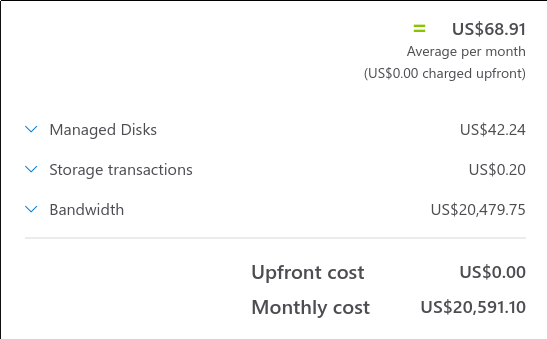Virtual servers now available in Telehouse

We couldn’t find a picture of an imaginary computer so here’s a picture of a model of the awesome looking Cray-1.
With our successful move out of Harbour Exchange last year we’ve been making all our services available in Telehouse. We have now deployed a virtual server cluster in Telehouse and those of you who avidly watch our order forms have been ordering virtual servers there for a few months.
The addition of virtual servers in Telehouse means that we can now offer three London locations for users wishing to run distributed clusters.
We’ve previously offered a choice between SSD storage for performance, and HDD storage for capacity. In the last few years, almost all new virtual servers orders have been for the SSD option so in Telehouse we took the decision to simplify our operations and only offer SSD-based virtual servers using high performance NVMe storage. Storage is the limiting factor on our virtual server hosts, so faster storage means we can run more VPSs on each host without compromising performance. We never over-sell RAM on our VPS platform — a 4GB VPS is backed by 4GB of real RAM — so our newest host servers now have 512GB of RAM and 5th Generation Intel Scalable Xeon CPUs. Storage is mirrored pairs of enterprise NVMe drives, and the servers have dual power supplies and dual 10G uplinks. Higher capacity host servers allow us to pack more virtual servers into the data centre space, and simplifying our configuration requires us to hold fewer spares on-site to cover hardware failures.
We have also rolled out more large VPS hosts into our other data centres increasing our total capacity (both SSD and HDD) and making larger VM sizes more readily available across all our UK sites. We’ve also completed decommissioning all of our older hosts with less than 256GB of RAM.





